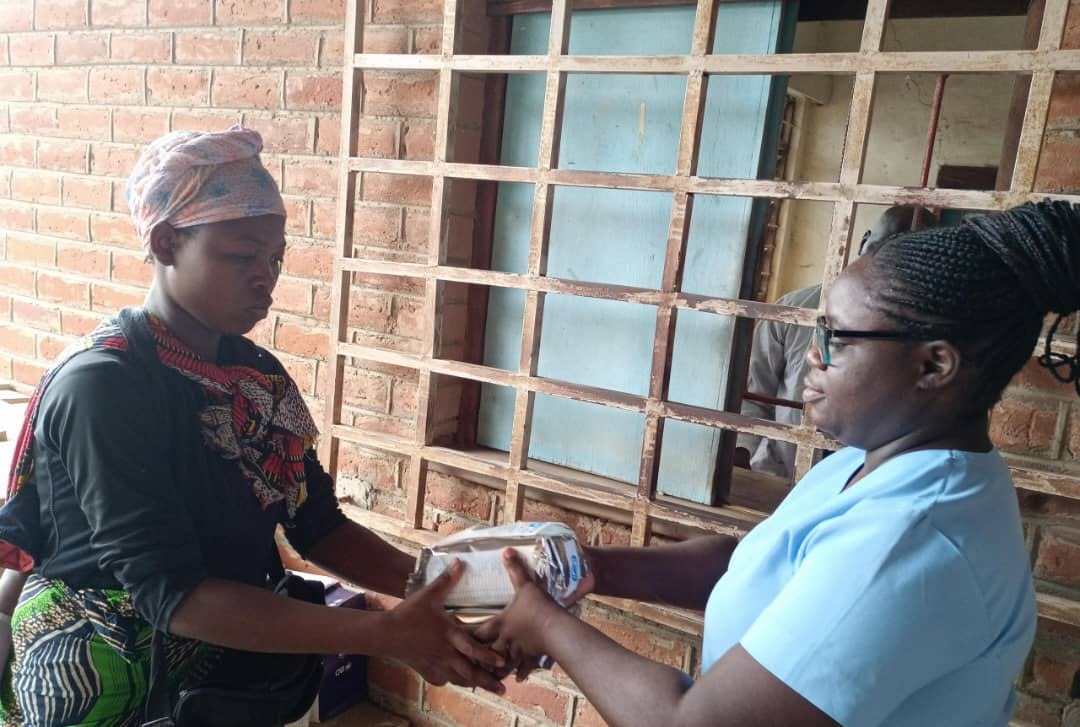Malawi Hospital Seeks Extended Aid as Child Malnutrition Surges
El Niño conditions during the 2023 rainy season devastated crops across Malawi's Southern Region, leaving many families food insecure.
CHIKWAWA, Malawi— Health officials in southern Malawi are requesting continued support from the World Food Programme (WFP) as malnutrition cases among children spike following crop destruction caused by El Niño weather patterns, writes Esther Banda.
Chikwawa District Hospital reports 228 children are currently enrolled in a supplementary feeding program, a significant increase from the previous year.
The current WFP assistance is scheduled to end in April 2025.
"The support might not be enough since the needs are huge as cases are increasing day by day," said Feston Katundu, the district nutrition officer at Chikwawa District Hospital.
The WFP's current eight-month program provides nutritional treatment to children aged 6 to 59 months.
Local health authorities are seeking additional funding to expand treatment to children up to 15 years old and to include pregnant and breastfeeding women.
Regina Moses, 24, whose two-year-old son enrolled in the feeding program in September 2024, has noticed improvements.
"Before he started eating super cereal plus, his weight was very low," she said.
Paul Turnbull, WFP Country Director in Malawi, stressed the importance of early intervention.
"If children get to the severe acute stage, it's quite hard for them to recover, and it's more expensive," he said.
The program, supported by donors including the governments of Iceland and Norway, USAID, and the UN CERF, also provides nutrition education for caregivers.
Siri Frette Allsted from the Norwegian Embassy emphasized that treating malnutrition is crucial for protecting children against long-term health risks.
El Niño conditions during the 2023 rainy season devastated crops across Malawi's Southern Region, leaving many families food insecure.



